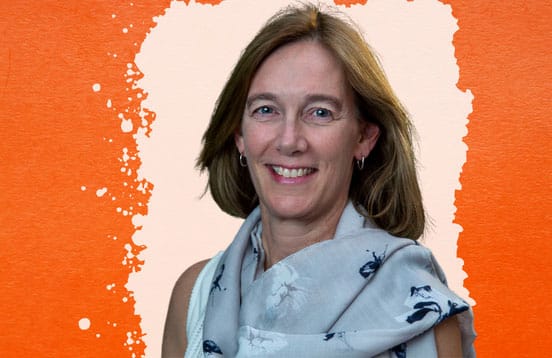Dear WIEGO Colleagues and Friends,
Happy New Year to one and all. I hope that the early days of 2023 are bringing you a sense of renewal, hope and unity as we look toward the year ahead.
We were fortunate to close 2022 on a high note, having celebrated the WIEGO Network’s eighth General Assembly in Mexico City, Mexico, in November. The chance to bring our members together in person to review and adopt a new five-year strategic plan and to celebrate our 25th anniversary renewed our spirits after three years of uncertainty, loss and grief.
The General Assembly came just after the passing of Ela Bhatt, our visionary co-founder and first Chair. Ela-ben’s guidance to always keep the woman worker at the centre of everything we do has served as our moral compass throughout our first quarter-century. As we look ahead to the next 25 years, we see a movement that is gaining momentum and influencing the most important debates of our time.
WIEGO’s long-term investment in strengthening the voice, visibility and validity of workers in informal employment was visible in several historic milestones reached in 2022. Intensive network-building efforts among waste pickers, for example, led to a major achievement in October 2022 when they held a constitution-launching Congress. With WIEGO support, delegations of waste pickers also ensured their voices were heard in global plastics treaty negotiations, resulting in unprecedented recognition of the role they play as environmental service providers. Workers also gained recognition at the local level: for example, Delhi's draft master plan 2041 recognizes the informal economy as the largest employer in the city.
WIEGO’s efforts to build capacity on social protection were evident throughout the year in discussions of the new African Union Protocol on Social Protection, in StreetNet International affiliates’ uptake of advocacy strategies around inclusive social protection systems, and in HomeNet International’s adoption of social protection as one of its key thematic programmes. Social protection was one of several themes addressed in the inaugural WIEGO School, which was held over a period of 10 weeks and graduated 75 participants.
Our collaboration with members and partners also culminated in a global position paper shared at the 110th session of the International Labour Conference on the social and solidarity economy, and in a cutting-edge, open-access edited volume on Social Contracts and Informal Workers in the Global South. Having launched in 2022 the global findings from the second round of our COVID-19 impact study on recovery pathways, we enter the new year steadfastly committed to supporting workers in informal employment as they confront the ongoing effects of climate change, Russia’s invasion of Ukraine, and other global crises.
On a personal note, I feel very fortunate to have seen our team and board members in person again this year and visited WIEGO members and partners in Uganda, Jamaica and Mexico. In a joint regional workshop with affiliates of the International Domestic Workers Federation from the Caribbean, domestic worker leaders used our toolkit to develop national action plans to advocate for laws that protect their rights. In concluding reflections, one said: “the drivers are in the room; now it’s time to get the bus moving.” My infinite gratitude goes to WIEGO’s members, team and board as we ride that bus together into the new year.
In Solidarity,
Sally Roever
International Coordinator
